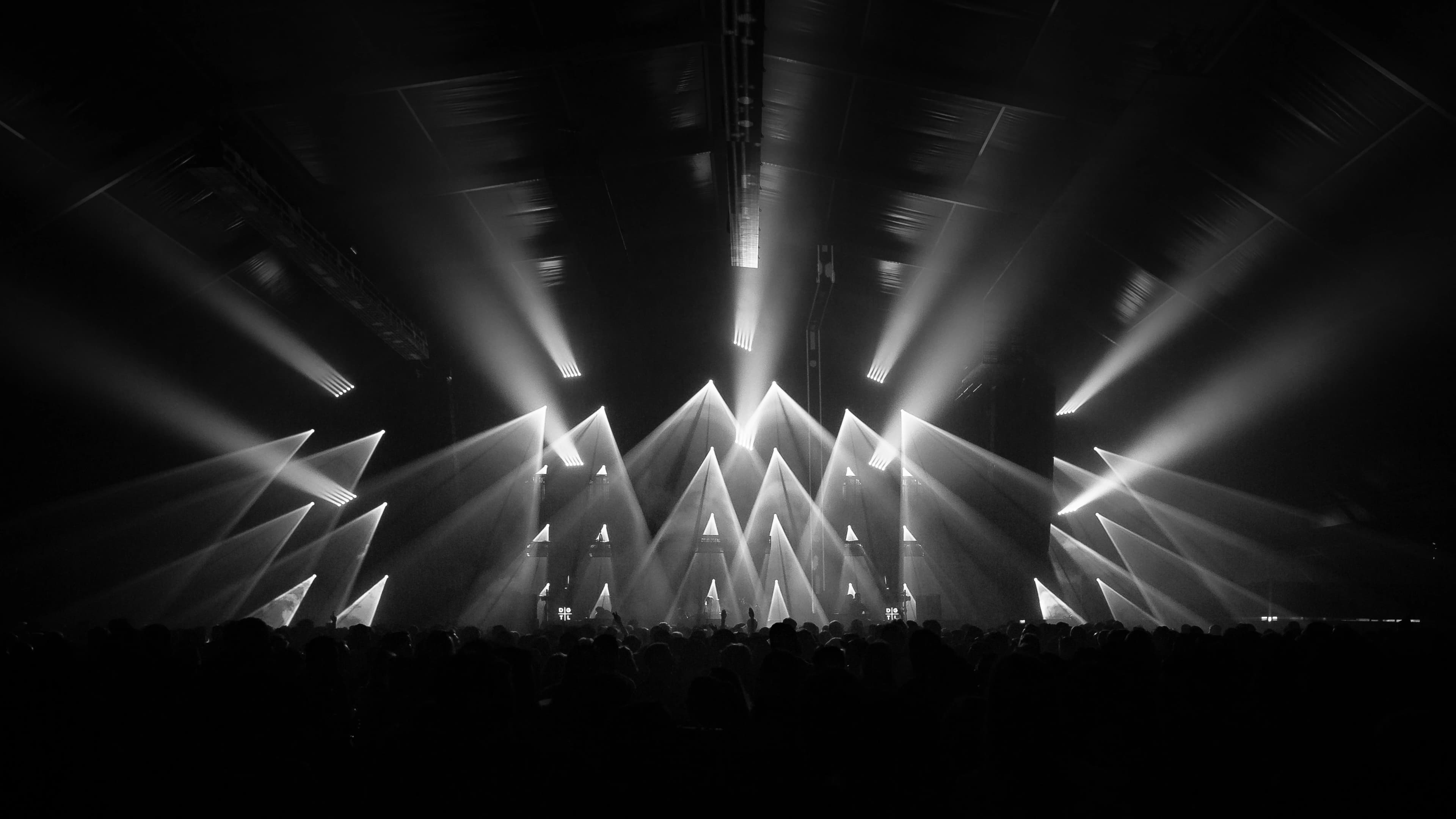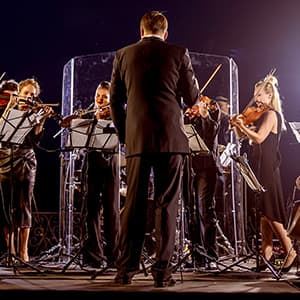

Shostakovich Tickets
Up to 30% Off Compared to Competitors.
Location: Select Location (e.g, New York)
Events Nearby
We're Sorry. There are currently no events near you.
About Shostakovich
As of 2023, Shostakovich's works continue to be performed globally, with many orchestras celebrating the centenary of his birth. Recent concerts have featured interpretations of his symphonies, particularly the powerful Symphony No. 5 and the hauntingly beautiful Symphony No. 15, which reflect his mastery of orchestral color and emotional nuance. Major orchestras such as the London Philharmonic, the Berlin Philharmonic, and the New York Philharmonic have included Shostakovich's compositions in their season programs, often pairing them with contemporary works to highlight his influence on modern music. Festivals such as the BBC Proms and the Aspen Music Festival have dedicated special events to Shostakovich, showcasing both his orchestral and chamber music. Additionally, many renowned conductors and soloists, including Gustavo Dudamel and Anna Vinnitskaya, have offered fresh interpretations of his works, breathing new life into his music. Recordings of live performances have proliferated, allowing audiences to experience the emotional weight and intricacies of his compositions. The continued interest in Shostakovich's music is a testament to its enduring appeal and relevance, ensuring that his legacy as a pivotal figure in concert music remains vibrant and impactful.
Shostakovich History
Dmitri Shostakovich, born in 1906 in St. Petersburg, Russia, is one of the most significant composers of the 20th century. His early musical education began at the Petrograd Conservatory, where he was influenced by the works of Western composers as well as Russian folk music. Shostakovich's career took off in the 1920s with the premiere of his Symphony No. 1, which garnered international acclaim. However, his relationship with the Soviet regime was tumultuous; he faced criticism and censorship, particularly after the infamous denunciation of his opera 'Lady Macbeth of Mtsensk' in 1936. This led to a complex interplay between his artistic expression and the political climate, resulting in a body of work that often reflected the struggles of life under totalitarian rule. His symphonies, string quartets, and concertos are noted for their emotional depth and innovative orchestration, making them staples in concert programming around the world. The premiere of his Symphony No. 7, 'Leningrad,' during World War II became a symbol of resistance against fascism, further solidifying his place in concert history. Throughout his life, Shostakovich managed to balance his artistic integrity with the demands of the state, producing music that resonates with audiences for its profound humanism and complexity.
